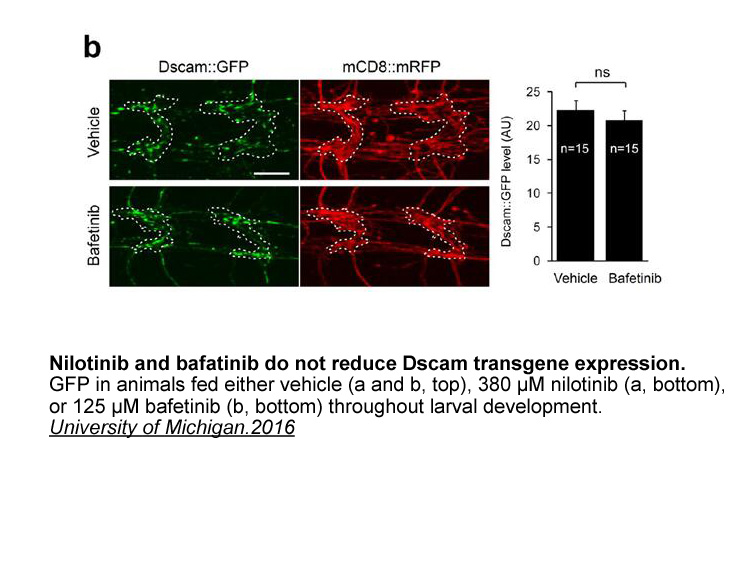Archives
We thus see that emotion
We thus see that emotion regulation depends very much on culture and results in quite different outcomes for the Dutch and Filipino salespeople. These differences stem from the distinct self-concepts (Markus & Kitayama, 1991) and the corresponding distinct display rules (Keltner, Ekman, Gonzaga, & Beer, 2003) and impression management behaviors (Bolino, 1999) associated with the cultures.
The overall picture emerging from this study can perhaps be best interpreted from Bonanno\'s recent research on emotional homeostasis (Bonanno, 2001; Westphal & Bonanno, 2004). Bonanno proposed that the suppression or enhancement of emotional mCAP is done in order to optimize the consequences of emotional responses for one\'s personal goals with respect to idealized self-images or other desired subjective states. Emotional expressions that are perceived to lead to negative social consequences are suppressed, whereas those that lead to positive social consequences are enhanced. When and how suppression and enhancement occur depends on the self-construal characteristic of one\'s cultural background, the nature of the social relationships one has, and individual differences. We thus found that experienced pride was suppressed by Dutch salespersons interacting with customers (as a function of self-regulation) and was enhanced by Filipino salespersons interacting with colleagues (as a consequence of the individual difference, proneness to pride). These suppression and enhancement effects are instigated such that discrepancies between the idealized self-images and the actual emotional experience or expression are minimized; they are therefore called closed-loop or negative feedback systems (e.g., Davis, 1979). The main effects for experienced pride, motivation management, and proneness to pride found in our study are indicative of open-loop systems where ingrained emotional responses or learned strategic repertoires operate automatically to initiate certain behaviors. In particular, depending on the culturally induced self-construal, and the nature of the social relationship the salesperson had (either hierarchical or egalitarian), experienced pride, motivation management, and proneness to pride instigated adaptation, working hard, and/or initiations organizational citizenship behaviors in direct, non-moderated ways.
We are moving into an era where (a) many firms operate internationally, (b) salespeople are hired within firms coming from different nations and cultures and are expected to work together in sales teams, and (c) migration of people and firms is occurring across the globe. Therefore in one and the same firm it is likely that salespeople from different ethnic and cultural backgrounds operate (Lassk, Ingram, Kraus, & Mascio, 2012). In fact, firms these days seek people with diverse cultural backgrounds as a matter of policy (McGuire & Bagher, 2010). Recent research demonstrates too that sales people and their managers require certain skills in social intelligence (Verbeke, Belschak, Bakker, & Dietz, 2008), emotional wisdom (Bagozzi, Belschak, & Verbeke, 2010), and emotional intelligence (Mayer, Salovey, & Caruso, 2000), but more and more as well in cultural intelligence (Earley & Ang, 2003) or cultural diversity skills (Bush & Ingram, 2001). Firms make huge investments in training their sales forces, for example, and it is quite challenging to comprehend let alone train salespeople from diverse cultural backgrounds (Lassk et al., 2012). A key idea in our article is that salesperson\'s self-construal (independent vs. interdependent) affects the way they self-regulate their emotions, and these self-construals are learned culturally at a young age and therefore are difficult (if not impossible) to modify. Sales trainers and managers need to understand different self-construal\'s that their salespeople possess and take these into account to help  salespeople cope with their emotions as they play out in interactions with customers.
salespeople cope with their emotions as they play out in interactions with customers.